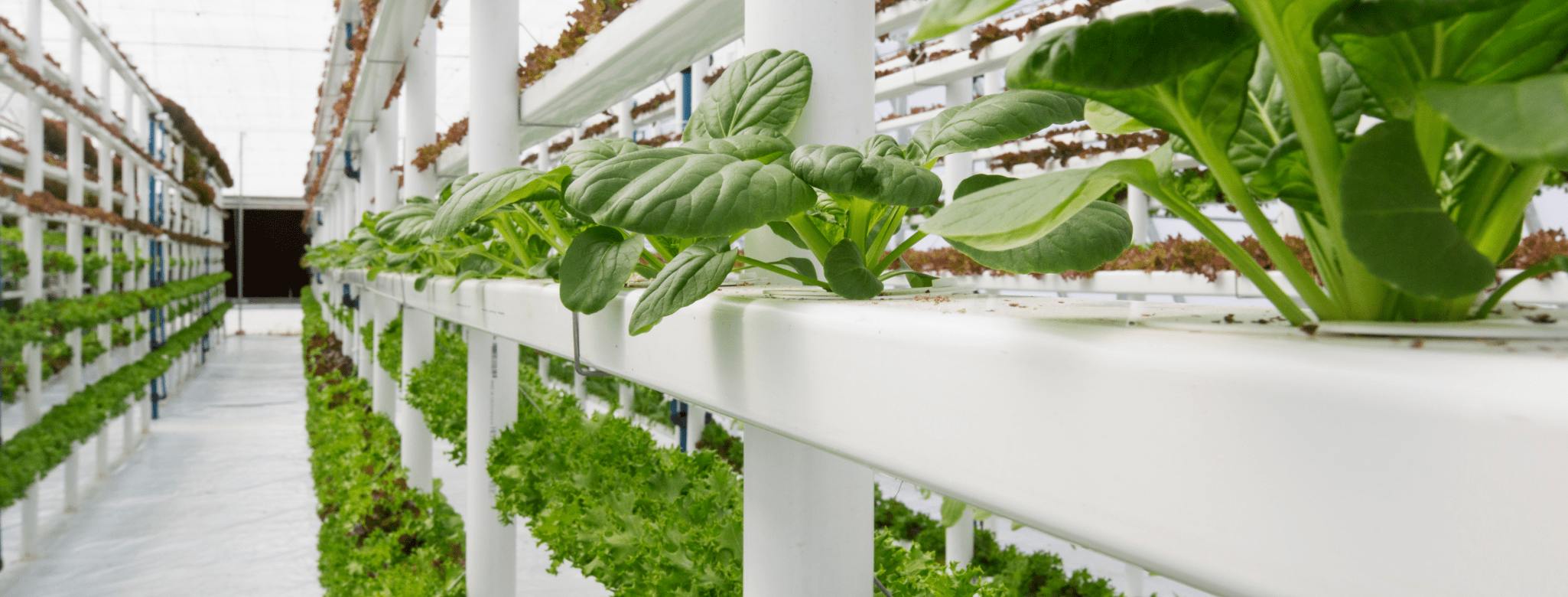The agriculture sector has evolved dramatically over the last two decades. Continual advancements in mechanics, biology and digital technology have seen the industry become more efficient, productive and sustainable. Agriculture’s future is predicted to see even more change, as social, technological and environmental forces shape the industry and its workforce.
Digital Communications
Social media has had increasingly large impacts on agriculture over the last five years and is expected to continue to do so during the next 10 years. Allowing the entire agricultural supply chain to effortlessly communicate with their consumers will see the industry become more aware of consumer preferences and enable them to sell their products to specific market segments. The dark side to this increased communication however is the increased potential for the spread of disinformation. Important issues such as ethics and sustainability will be increasingly susceptible to disinformation campaigns, potentially hurting the agriculture industry. Consequently, expertise in social media and marketing will become a highly valued skill in the agricultural workforce.
Technological
Technological advances have been the biggest driver of change in the agriculture industry over the last 50 years, and this is likely to continue as 2050 approaches. Whilst previous advancements have been mainly mechanical, new advancements will likely be more in the digital and biological space. Artificial intelligence and robotics have the potential to play an enormous role in the automation of farms, whilst synthetic biology will see advances throughout the supply chain in the enhancement of quality in crops, fertiliser and livestock feed. The workforce of agriculture will expand to accommodate these advancements, making professions such as mechanical and digital engineers, biologists and other sciences more common in the ag sector.
Environmental
As climate change continues to impact weather patterns, producers must be able to adapt to their changing environments. This can occur through adoption of new technologies and crop varieties. In some extreme cases, relocation has been needed as suitable zones shift in response to disrupted climate patterns. In addition to these physical changes, social response to climate change will also affect the industry; an example of this is people not eating beef as they believe the production of cattle in their current numbers is bad for the environment. Agriculture faces double the challenge due to this, as the industry must adapt to its changing environment and become more sustainable at the same time. Professions such as engineering, biology, chemistry and marketing will be key in allowing agriculture to adapt positively to these changes.
Modern agriculture is a far cry from what it was 30 years ago, and it is likely that the next 30 years will see even more change. As the problems facing the industry continue to grow, agriculture will have to continue to evolve and expand to meet these challenges head on.
Story by Chris Watt
